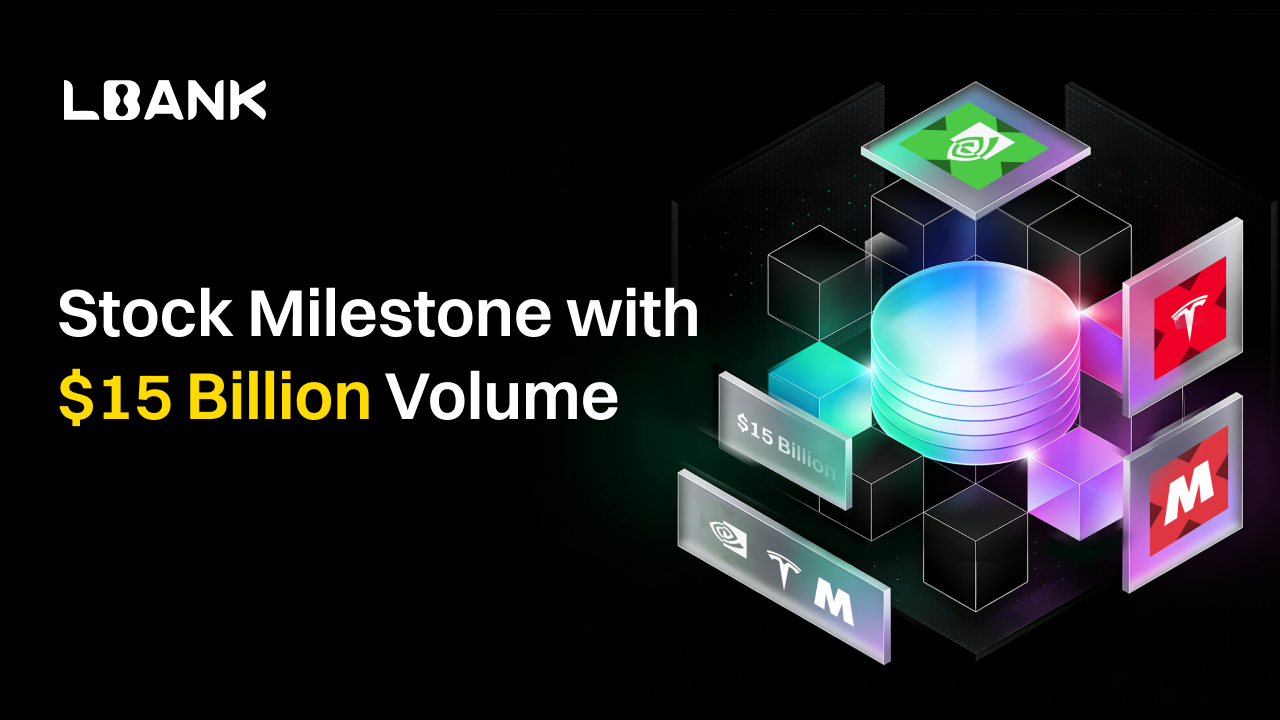Quant Network, the provider of enterprise-grade blockchain solutions, announced today that its blockchain gateway Overledger now provides users the ability to create native QRC-721 non-fungible tokens (NFTs) and deploy them onto the Ethereum, Polygon, and XDC mainnets.
Developers can work with QRC-721 through Overledger Tokenise, one of Quant’s premium APIs, which enables even those with little to no development experience to create, deploy, and manage the next generation of secure, interoperable tokens and digital assets on supported networks.
Via the easy-to-use UI, Quant Connect, users can interact with Tokenise to launch and view their tokens. Once deployed, mDApps can call various functions to read data and initiate transactions to interact with the tokens via the QRC smart contract.
This newest QRC token type (QRC-721) has been introduced along with the existing QRC-20 fungible tokens, which can be used for payments as well as function as stablecoins.
QRC-721 tokens function like their Ethereum standard counterpart (ERC-721), with the same definitions and structure as smart tokens. While ERC-721 tokens are only for managing on the Ethereum network, QRC-721 tokens are secure and agnostic to work across multiple distributed ledger technologies.
The QRC-721 token type is designed for those who want to digitalize collectibles, artwork, and more.
“Overledger now provides users the ability to create QRC-721 non-fungible tokens and deploy them onto the Ethereum, Polygon and XDC mainnets.”
– Peter Marirosans, Chief Technology Officer of Quant Network
For more information on the new Overledger update, see the V2.2.12 release notes.
The post New Overledger release now supports QRC-721 NFTs on Tokenise developer API appeared first on CryptoNinjas.
* This article was originally published here

No comments:
Post a Comment